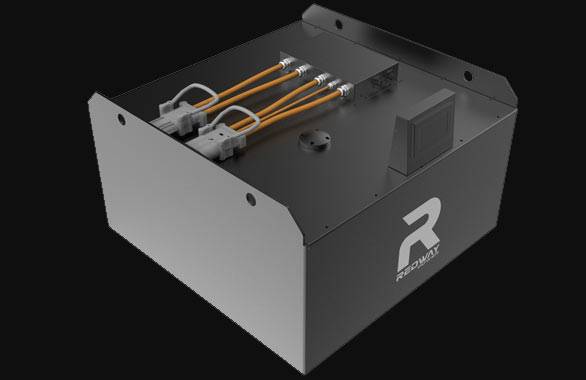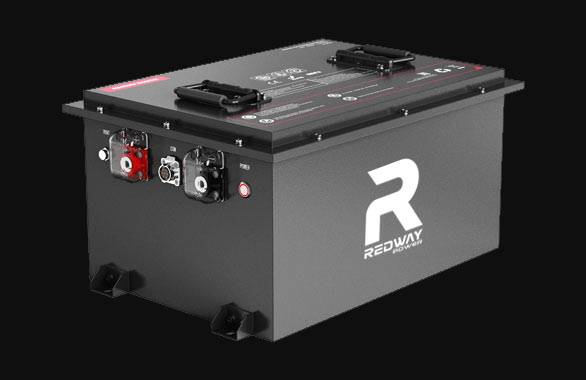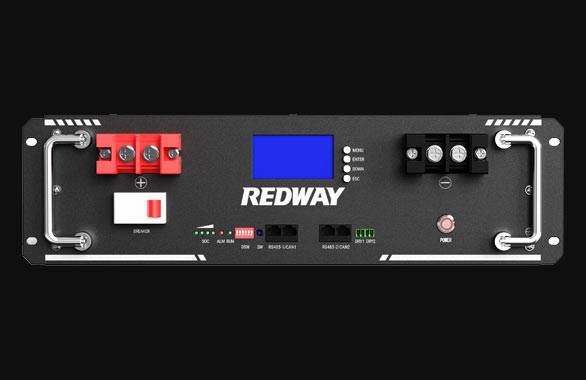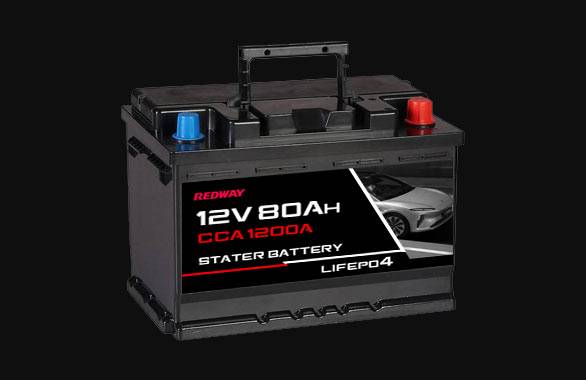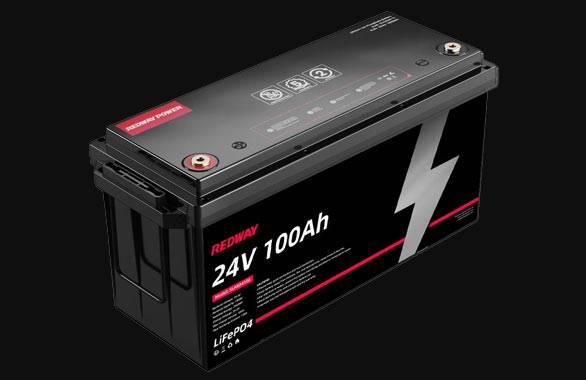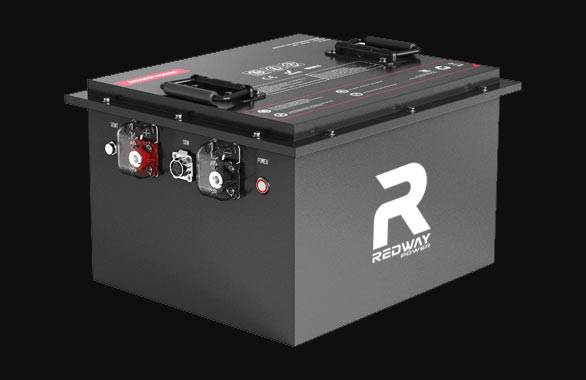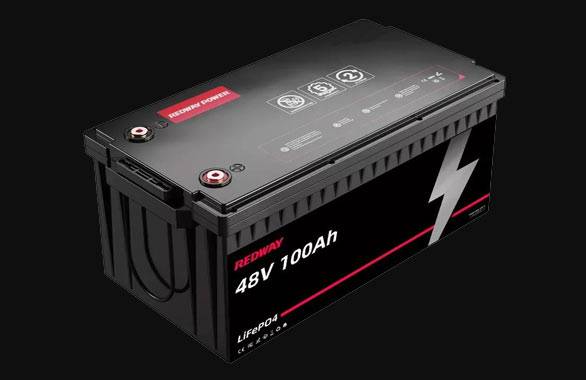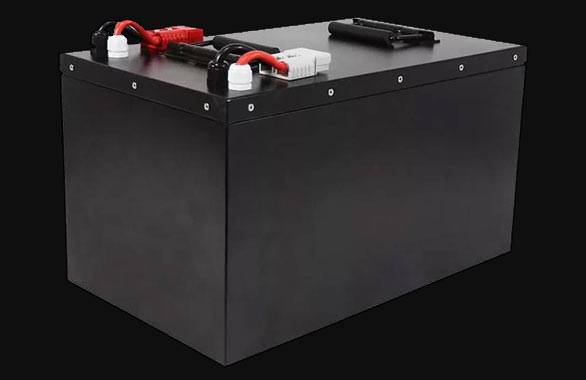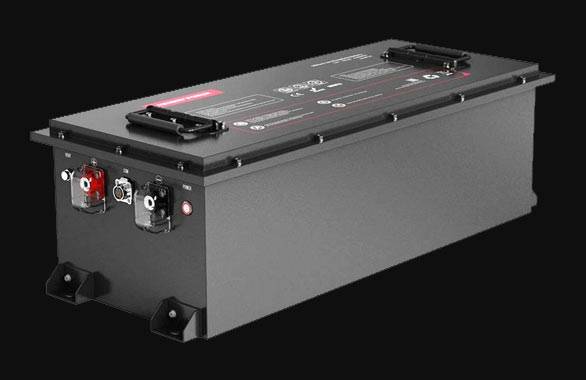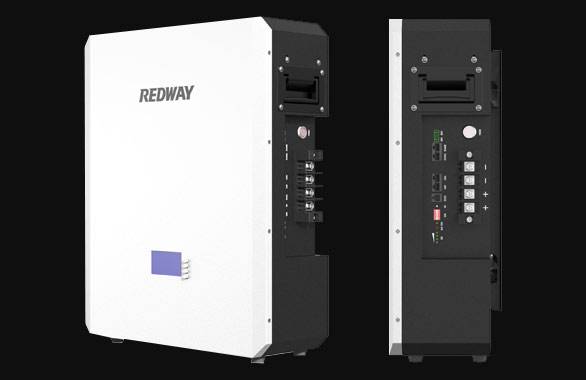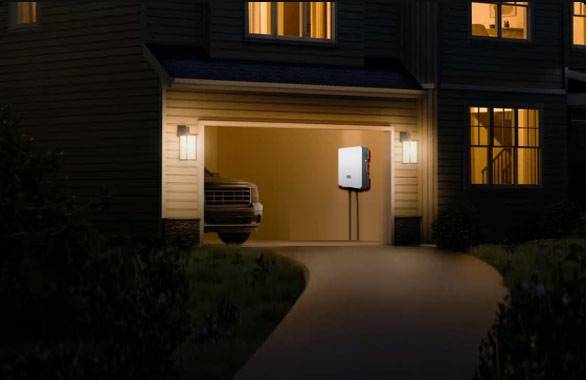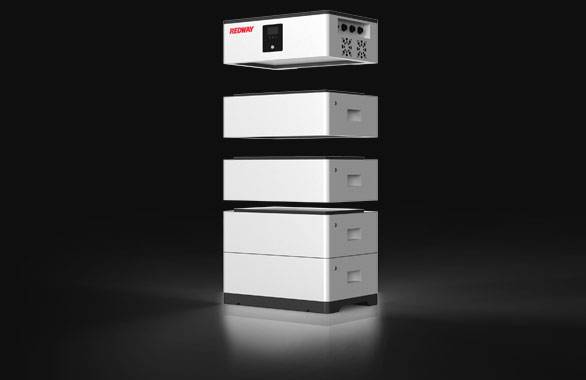- Forklift Lithium Battery
- Golf Cart Lithium Battery
- Rack-mounted Lithium Battery
51.2V 100Ah Rackmount LiFePO4 Battery
8000 times (80% DOD 0.5C)
Optional SNMP for TELECOM - Car Starter Battery
- 12V LiFePO4 Battery
12V 150Ah Lithium RV Battery
Bluetooth App | Self-heating
LiFePO4 | Group 31
UL 1642 | IEC 62619 - 24V LiFePO4 Battery
- 36V LiFePO4 Battery
- 48V LiFePO4 Battery
- 60V LiFePO4 Battery
60V 100Ah Lithium Battery (AGV, AMR, LGV)
Peak Discharge Current 400A
500 x 298 x 349 mm - 72V~96V LiFePO4 Battery
72V 100Ah Lithium Golf Cart Battery
Peak Discharge Current 315A (10S)
740 × 320 × 246 mm - Wall-mounted Lithium Battery
51.2V 100Ah 5kWh
Wall-mounted Battery532 x 425 x 170 mm / LiFePO4
>8000 Cycles (80% DOD 0.5C)
RS485 / CAN-bus
for Solar Home ESS - Home-ESS All-in-One
51.2V 32kWh
All-in-On HESS SystemPowerAll
51.2V / LiFePO4
>8000 Cycles (80% DOD 0.5C)
RS485 / CAN-bus / WiFi
All-in-One for Home ESS
How Much Does a Forklift Battery Typically Weigh?
A forklift battery weight varies widely depending on the type and voltage but generally ranges between 500 to 2,000 pounds. Lithium forklift batteries, like those from Redway Power, offer a lighter alternative to traditional lead-acid batteries, enhancing forklift efficiency and maneuverability in industrial environments.
What Factors Determine the Weight of a Forklift Battery?
The weight of a forklift battery depends on its voltage, capacity (amp-hours), battery chemistry, and design. Lead-acid batteries tend to be heavier due to dense lead plates and liquid electrolyte. Higher voltage batteries (36V, 48V, 80V) require more cells, increasing weight. Lithium-ion batteries, such as LiFePO4, use lighter materials, resulting in significantly reduced weight for comparable capacity.
Manufacturers like Redway Power specialize in lithium batteries engineered for optimized weight-performance balance.
How Does Battery Chemistry Affect Forklift Battery Weight?
Lead-acid batteries are substantially heavier because of thick lead plates and acid electrolyte. In contrast, lithium-ion batteries (LiFePO4), as produced by Redway Power, have lighter materials and compact construction. Lithium batteries can weigh up to 50-70% less than traditional lead-acid batteries of equivalent capacity, improving forklift agility and reducing wear on components.
Choosing lithium forklift batteries delivers operational benefits beyond just weight savings.
| Battery Type | Average Weight Range | Weight Reduction Compared to Lead-Acid |
|---|---|---|
| Lead-Acid | 1,000 – 2,000 lbs | — |
| Lithium-ion (LiFePO4) | 400 – 1,000 lbs | 50-70% lighter |
Which Forklift Battery Weights Are Typical for Common Voltages?
Forklift batteries vary by voltage and application:
- 24 Volt: Usually 400-700 lbs.
- 36 Volt: Typically 600-1,200 lbs.
- 48 Volt: Range between 800-1,500 lbs.
- 80 Volt: Often exceed 1,200 lbs, depending on capacity.
Redway Power produces lithium 24V to 80V forklift batteries with optimized weight designed for performance and longevity in industrial use.
Why Is Knowing Forklift Battery Weight Important for Operations?
Battery weight affects forklift stability, traction, energy consumption, and axle load. Overly heavy batteries can increase wear on tires and suspension while reducing maneuverability. Understanding the battery weight allows operators to maintain proper load balance and comply with safety regulations.
Suppliers like Redway Power provide detailed specifications to help businesses optimize forklift performance and safety.
When Should Companies Consider Switching to Lighter Lithium Batteries?
Switching is advisable when reducing maintenance, improving efficiency, and enhancing fleet agility are priorities. Lithium batteries reduce battery weight significantly, leading to faster acceleration, less stress on forklift components, and easier handling during battery swaps.
Redway Power’s lithium forklift batteries offer these benefits, making them favorable for modern warehouse and factory operations focusing on B2B wholesale and OEM solutions.
How Can Manufacturers Customize Forklift Battery Weight?
Manufacturers customize weight through battery chemistry selection, cell density, and pack design. Redway Power, with advanced MES-controlled production, offers tailored lithium forklift battery weights matched to voltage and capacity requirements, optimizing for specific forklift models and industrial demands.
Customization supports improved performance and compatibility across a broad forklift fleet.
Where Are Heavier Forklift Batteries Typically Used?
Heavier batteries are common in high-capacity forklifts used in heavy manufacturing, large warehouses, and outdoor logistics operations where load stability and runtime are critical. Lead-acid batteries dominate these settings but gradually face competition from lighter lithium alternatives in some scenarios.
Chinese factories like Redway Power supply batteries globally, facilitating a transition to optimized weight solutions.
Can A Lighter Battery Impact Forklift Runtime and Performance?
Yes, lighter lithium batteries enhance runtime by delivering consistent power with less energy loss. They improve acceleration and maneuverability, reducing operator fatigue. Reduced battery weight also lowers tire wear and extends forklift lifespan, positively affecting overall operational costs.
Redway Power’s lithium battery technology exemplifies these performance enhancements.
Are There Safety Considerations Related to Forklift Battery Weight?
Battery weight influences forklift handling and braking. Proper weight distribution is crucial to avoid tipping or instability. Batteries must meet OEM safety and quality standards, which Redway Power ensures through rigorous testing and certification in their factory production.
Proper training on battery installation and forklift operation further mitigates safety risks.
Redway Power Views
“At Redway Power, we believe that reducing forklift battery weight through innovative lithium chemistry is a game-changer in material handling. Our focus on creating lighter, efficient lithium forklift batteries aligns with industrial needs to enhance productivity while reducing equipment wear. Leveraging over 13 years of OEM expertise, we provide factories and wholesale clients worldwide with customizable, reliable batteries that deliver superior performance and operational savings.”
Conclusion
Understanding forklift battery weight is critical for optimizing forklift efficiency, safety, and maintenance costs. Traditional lead-acid batteries are heavy, sometimes exceeding 2,000 pounds, while lithium-ion batteries from manufacturers like Redway Power can reduce weight by up to 70%. This weight reduction improves forklift agility, runtime, and lifespan. Selecting the right battery weight tailored to operational demands and partnering with experienced OEM suppliers helps businesses achieve greater productivity and cost savings in B2B industrial settings.
FAQs
How much does a standard 48-volt forklift battery weigh?
Typically between 800 and 1,500 pounds, depending on design and capacity.
Why are lithium forklift batteries lighter than lead-acid?
Lithium-ion chemistry uses lighter materials and more compact cell design.
Can lighter batteries improve forklift performance?
Yes, they enhance acceleration, reduce wear, and improve handling.
Are custom weights available for forklift batteries?
Yes, OEM manufacturers like Redway Power offer weight customization to fit specific needs.
Does battery weight affect forklift safety?
Absolutely; correct battery weight is vital for forklift stability and safe operation.


